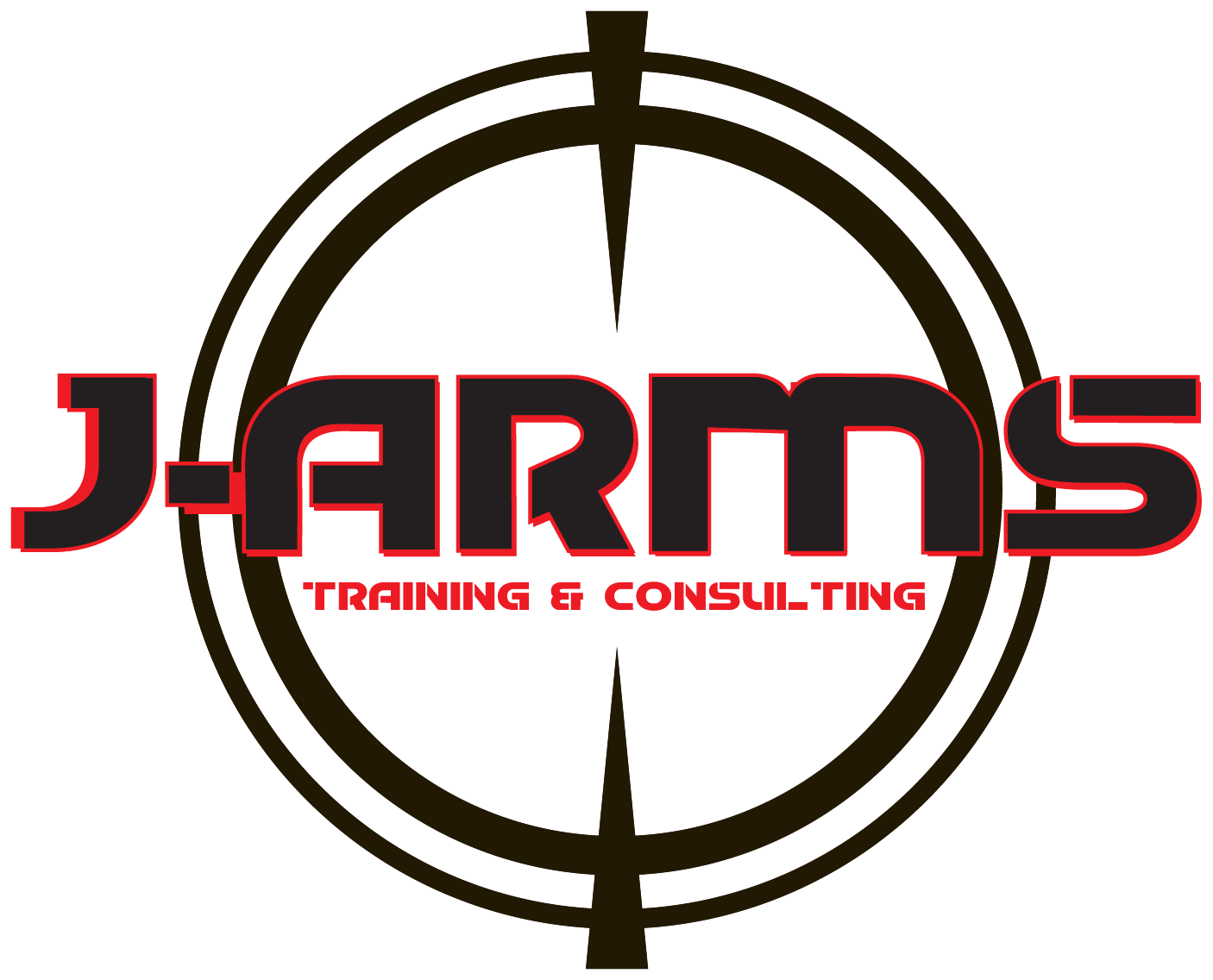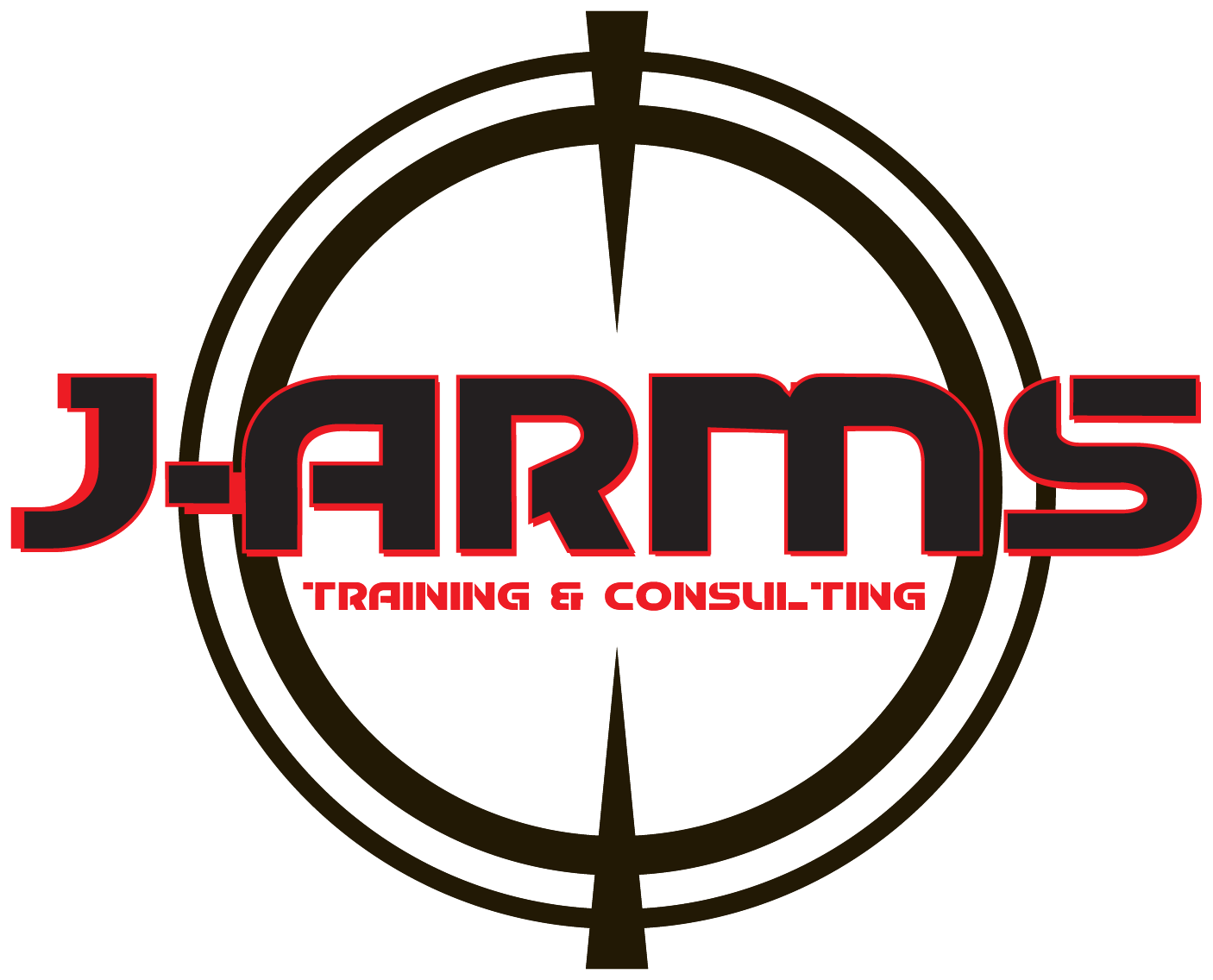NYS 8 Hour Pre-Assignment Unarmed Security Guard Training
🛡️ What It Is
- A mandatory, state-approved foundational course required by New York State’s Department of State (DOS) under General Business Law Article 7-A, Section 89‑n, for anyone seeking registration as an unarmed security guard (dos.ny.gov).
- This 8‑hour program must be completed before applying for a Security Guard Registration Card and before beginning any unarmed security work.
🔍 What You Learn
Typical subject areas include:
- Role of a Security Guard – understanding duties and responsibilities
- Legal Powers & Limitations – arrest authority, use of force boundaries
- Emergency Procedures – fire, medical, evacuation protocols
- Communication & De-escalation – public interaction strategies
- Access Control & Patrol – monitoring entry points and rounds
- Professional Ethics & Conduct – codes of behavior and incident reporting.
📝 Assessment & Certification
- Delivered either in-person or via an interactive online format approved by NYS DCJS.
- Includes a multiple-choice exam—typically requiring a 70% or higher to pass.
- Upon passing, you receive a certificate of completion, which must be submitted with your Security Guard Registration application (dos.ny.gov).
📅 Next Steps After Completion
- Submit your Pre-Assignment Certificate with your application and fingerprints to NYS DOS.
- Within 90 days of first employment, complete an additional 16-hour On‑the‑Job Training course.
- Maintain your license by completing an 8-hour Annual In‑Service Training every calendar year (dos.ny.gov).
✅ Why It Matters
- Required by law—you cannot apply for an unarmed security guard license without it.
- Foundation for safety and professionalism, ensuring guards understand legalities, emergency response, and ethical conduct before entering the field.
In summary: The NYS 8‑Hour Pre‑Assignment course is your first mandatory step toward becoming a licensed unarmed security guard in New York State. It equips you with essential knowledge in legal authority, emergency procedures, communication, and ethics—and earning its certificate allows you to submit your license application and begin on-the-job training.
Let me know if you'd like help finding approved course providers or registering!

